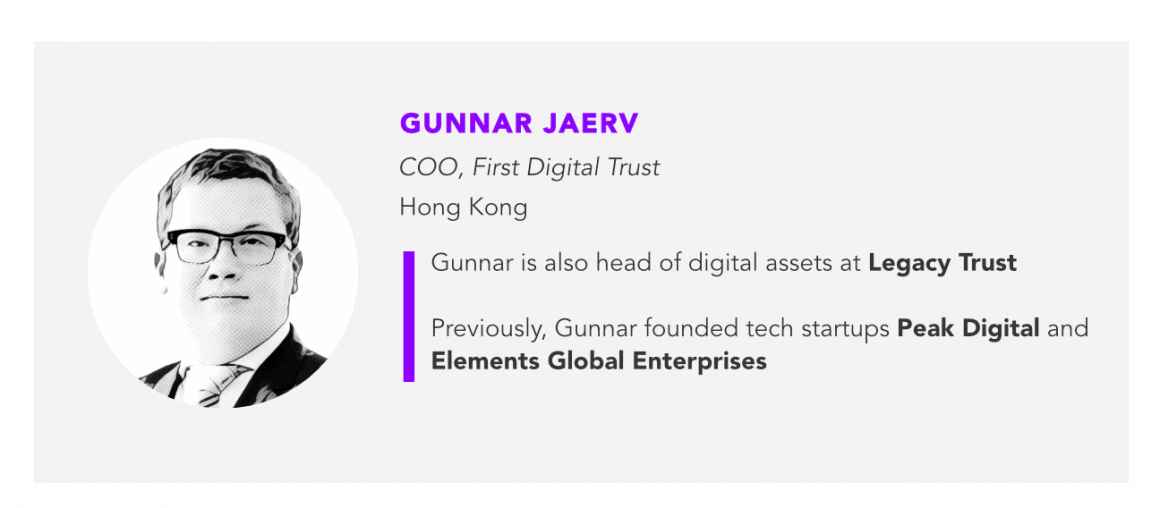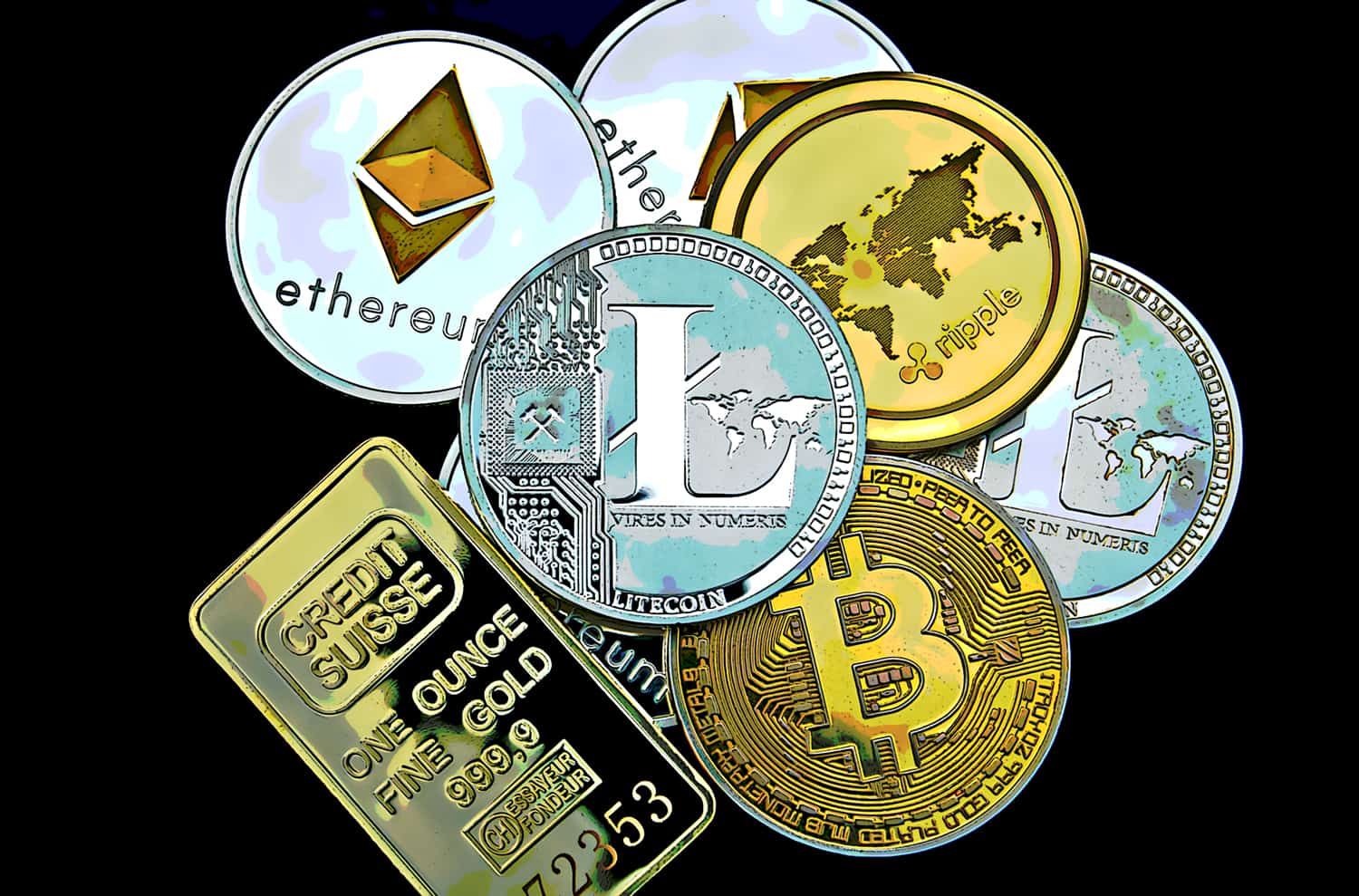Blockchain technology is accelerating towards mainstream adoption and one of the biggest potentials of this technology is the tokenization of assets. By 2024, the market of security tokens could exceed that of cryptocurrencies. Tokenization offers greater opportunities for both entrepreneurs and investors. So how does it work, what can be tokenized and how can we ensure we’re issuing it or investing in it legally and safely?

What is tokenization?
The tokenization of assets is not entirely new, but it has received a huge boost of interest in 2020 as more companies and investors seek innovative ways to increase access to wealth and improve traditional, slow and inefficient trade and investment systems.
Tokenization refers to the process of issuing a security token that represents digital ownership of a real, tradeable asset and is recorded on an immutable blockchain. There is essentially no limit to what can be tokenized – from private equity to human tokenization, the opportunities for entrepreneurs and companies to generate tokenized assets is only limited by imagination.
Cryptocurrencies launched the concept of tokenization as different types of tokens, or currencies, became certified and tradable assets. Now we see this innovative form of wealth being used for art, real estate, futures, commodities and stocks. Even supply chains are using digital tokens to track the movement of products. For the first time in history, these assets can be traded safely on secondary markets, which opens up a world of opportunities for increasing autonomy over wealth. This is an exciting space, and we will continue to see new tokenization possibilities unfold.

How does it work?
Put simply, asset tokenization is the process of creating tokens that stand in for a specific fraction of the value of an asset. Take real estate, for example – if you own a building worth one million dollars, you can tokenize it and create a million tokens. We see this happening around the world right now, including in France, where a French fintech firm announced a $78 million deal to tokenize a portfolio of Parisian properties. In the U.S., a Texas-based commercial real estate marketplace tokenized $2 billion worth of real estate assets, with plans to tokenize another $4 billion.
This is a booming industry, with an estimated $544 trillion worth of assets that could be tokenized. There are immense opportunities to introduce new avenues of wealth through tokenization, as investors can invest in smaller portions of assets or they can choose to spread their investments across multiple assets and asset classes. If we look at real estate, we can see that investors have greater opportunities to invest in multiple properties in different areas to diversify their portfolios by purchasing tokens of a real estate asset, rather than investing in the entire asset itself.
For those who may not be able to afford an entire property alone, fractional investment through tokenization enables more people to access the real estate market, creating greater chances for people to invest.
What assets can be tokenized?
In theory, any asset can be tokenized. By digitizing tokens, assets that were once illiquid can now be considered liquid assets — including artworks, sport merchandise and even private equity. Precious metals stored on the blockchain in digital form, including gold and metal, can provide a myriad of benefits over traditional precious metal purchases.
By purchasing digital assets on the blockchain, you can purchase gold closest to its spot price and reduce unnecessary transport logistics. And purchasing a digital fraction of gold means you no longer need to physically break up a gold bar that alters its value.
Athletes have begun tokenizing their contracts, the gaming industry are tokenizing weapons and CryptoKitties are creating new types of interesting digital cat collectibles. Tokenization starts and ends wherever you choose to set your mind’s eye.
See related article: Are PewDiePie, Manny Pacquiao and Spencer Dinwiddie riding the blockchain wave?
Democratizing private equity for investors and entrepreneurs
The tokenization of private equity also offers greater opportunities for investors and entrepreneurs. Traditionally, accessing private equity has been limited to larger investor funds, but issuing tokens this way can broaden the investor base, which is beneficial for new start-ups looking to quickly access capital.

Tokenizing private equity can also improve clarity and communication between a company and its shareholders. When financial information is secure and accessible when represented within a token on a blockchain, intermediary interference is eliminated and transparency is guaranteed.
Compliance is also immutable when written into smart contracts. Investor rights and obligations are embedded in the blockchain for the public to see, therefore assets can only be sold on markets to entities who have undergone the correct KYC and AML procedures.
On the secondary market, interoperability between on-chain systems enables marketplaces and exchanges to increase liquidity, fractionalize assets and enable trade on a trusted network.
This dramatically enhances transferability of trading assets as settlement time is reduced. Regular dividend payments can also be set-up automatically. This is revolutionizing the raising of equities for companies in emerging markets too. In Nigeria, for example, it can take months to incorporate and manage a corporate structure, costing up to $19,400. Digitizing these processes on the blockchain means that management, fees and reporting requirements can be eliminated, or greatly reduced.
And with the borderless structure of the global blockchain network, entrepreneurs can take advantage of investing in previously unattainable assets in emerging markets with less stable economies.
It is time to make the most of tokenization’s potential
It’s safe to say that trading assets will never be the same again. Digital asset tokenization has introduced a new revolution to the investment industry and the opportunities for what we can do with real-world assets are close to endless.
Both entrepreneurs and investors can gain greater autonomy as they find new ways to obtain capital never-before imagined, and only time will tell what industries will come up with in this innovative space.




